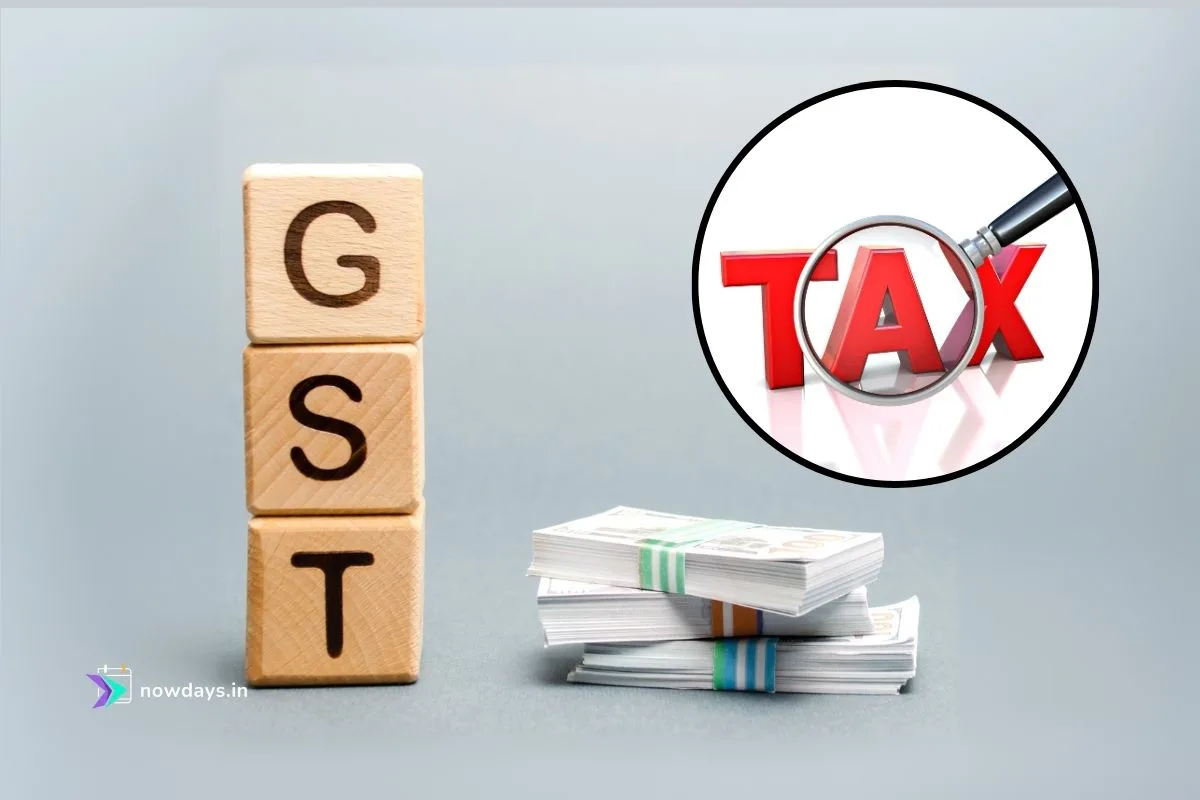New Delhi – In a stunning policy twist, the Indian government’s push to regulate online gaming through a sweeping bill has ignited fears of massive economic fallout, with projections of ₹20,000 crore in annual revenue vanishing, over 200,000 jobs evaporating, and 140 million users facing disruption. The Promotion and Regulation of Online Gaming Bill, 2025, introduced in Parliament this week, proposes a blanket prohibition on real-money games, targeting an industry that has boomed into a ₹2 lakh crore powerhouse. Critics label it a hasty decision that could dismantle a thriving digital sector overnight, while supporters argue it’s essential to curb addiction and illegal activities.
The bill, tabled by the IT Ministry, defines and bans “online money games” where players stake cash for potential winnings, regardless of skill or chance elements. This move comes amid growing concerns over gambling’s societal harms, but industry leaders warn it overlooks the distinction between skill-based platforms and outright betting, potentially driving users underground to unregulated apps.
The Bill’s Core Provisions and Immediate Backlash
At its heart, the legislation aims to create a national framework for gaming oversight, prohibiting services that involve monetary stakes. It empowers authorities to block non-compliant platforms and imposes penalties on operators. Introduced without broad stakeholder consultations, the bill has drawn sharp rebukes from opposition figures and tech advocates. Congress leader Priyank Kharge called it a “knee-jerk reaction” that ignores state revenues and innovation, potentially wiping out a sector contributing billions in taxes.
Industry bodies like the All India Gaming Federation and E-Gaming Federation have petitioned top officials, highlighting how the ban could shutter over 2,000 startups and erase ₹23,000 crore in foreign investments accumulated in recent years. A joint letter to the Home Minister emphasized that legitimate platforms, which have grown at a 20% annual rate, would collapse, pushing activities to offshore sites prone to fraud and money laundering.
Economic Devastation: Revenue and Job Losses
The financial toll is staggering. Estimates peg the sector’s annual GST and income tax contributions at ₹20,000 crore, a figure states could lose entirely if operations halt. Beyond taxes, the ecosystem supports ₹7,000 crore in spending on advertising, data centers, and cybersecurity, all at risk of vanishing. This mirrors broader economic vulnerabilities, akin to the COVID-19 era when 140 million workers faced unemployment and households reported income drops.
On the employment front, over 200,000 jobs in IT, AI, design, and content creation hang in the balance. Karnataka’s IT Minister Priyank Kharge warned that the ban threatens a talent exodus, stifling entrepreneurship and sending skilled workers abroad. YouTube analyses from business channels, such as those breaking down the bill’s implications, echo this, noting how gaming firms like Dream11 and MPL have created high-skill roles in a digital economy aiming for $1 trillion by 2030.
Experts from platforms like Moneycontrol project a $25 billion industry wipeout, with knock-on effects in related sectors. “This isn’t just about games; it’s a blow to India’s startup narrative,” one analyst remarked in a video discussion, pointing to the sector’s role in attracting FDI amid global tech shifts.
User Impact: 140 Million at Risk of Disruption
With an estimated 140 million regular participants in real-money gaming—spiking to 370 million during peak events—the ban could leave a vast user base scrambling for alternatives. Many rely on these platforms for entertainment and supplemental income, especially in rural areas where options are limited. The shift to illegal networks raises alarms over data privacy, financial scams, and addiction without safeguards.
Analyses from economic reports, including those on Wikipedia’s COVID impact page, draw parallels to past disruptions where informal sectors suffered most, with 45% of households facing income hits. YouTube creators analyzing the bill warn of a “dark web” migration, where unregulated apps could expose users to greater risks, undermining government efforts to promote safe digital habits.
Expert Opinions: A Call for Regulation Over Ban
Voices across the spectrum urge a rethink. Opposition MP Karti Chidambaram labeled the bill counterproductive, predicting it would eliminate 400,000 jobs and erase billions in revenue while ignoring public input. He advocated referring it to a select committee for hearings. Industry leaders, in letters and interviews, stress that progressive rules—like age verification and spending limits—could address concerns without destruction.
From authentic sources like Economic Times and CNBC TV18, experts argue the ban overlooks the sector’s growth potential, which has drawn ₹25,000 crore in FDI and positioned India as a gaming hub. A Storyboard18 report quotes officials estimating the industry’s value at ₹2 lakh crore, warning that prohibition could redirect users to offshore platforms evading taxes, costing the exchequer even more.
Global parallels, such as the U.S. handling of online betting, suggest balanced oversight yields better outcomes. YouTube breakdowns from policy analysts highlight how India’s move contrasts with nations fostering regulated gaming for economic gains.youtube
Broader Implications: A Policy Misstep?
This bill arrives amid India’s push for digital leadership, yet it risks contradicting goals like job creation and innovation under schemes like Digital India. Economic forecasts from bodies like Nomura indicate past disruptions, such as lockdowns, led to prolonged recovery; a similar hit here could stall GDP contributions from tech.
Critics see it as a repeat of “bad policy-making,” potentially weakening India’s edge in global digital markets. As debates rage in Parliament, stakeholders hope for amendments to salvage the sector’s value while tackling genuine issues. For now, the bill’s fate hangs in the balance, with millions watching how one policy could reshape an entire industry.









1 thought on “Online Gaming Ban: One Bill. One Day ₹20,000 Cr Lost, 2 Lakh Jobs Gone, 140M Users Hit”